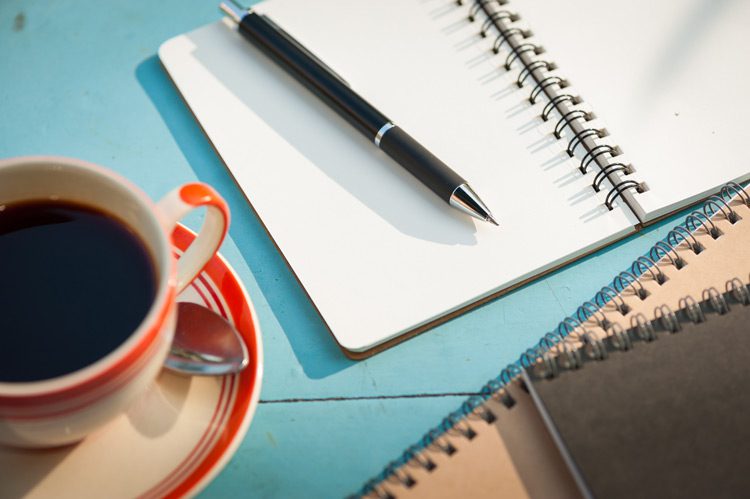A Blank Sheet of Paper Is Full of Possibility
Maybe you fondly remember a diary you kept as a child—or maybe you still keep one.
Perhaps you remember being asked to keep a journal as a classroom assignment.
Maybe you have never understood why anyone would want to spend any significant amount of time writing about their day. Who would read it? Heck, you might not even read it yourself. So what purpose could a journal possibly serve?
Whether you are a diary enthusiast, a journaling skeptic, or something in between, keeping a journal can be a helpful habit if you are in recovery for a substance use disorder.
And the good news is that there are many different ways to keep a journal, so you can find the approach that works best for you. No matter which kind of journaling you end up pursuing, you will be engaged in an activity that can support your ongoing sobriety.
First Rule of Journaling: There Really Aren’t Any Rules
Your journal is yours. Keeping that in mind can be a freeing experience. It means you can be honest with yourself about what you are experiencing or struggling with. And it means you can be kind to yourself, giving yourself grace when it comes to past (or present) mistakes. It means you can process difficult emotions privately and in ways that make sense to you but don’t have to make sense to another living soul. Your journal is truly yours—and that means the only rules that apply are your own.
A Wealth of Options: Pick a Journaling Approach that Works for You
Here are just some of the ways you might choose to journal.
- The traditional diary: While we often associate the word “diary” with teenagers writing about unrequited love, lots of people keep a running record of the highlights and lowlights of each day. It’s a chance to reflect on what happened and how it made you feel. Bringing this kind of attention to your day can help you wrap up today and clear the slate for tomorrow.
- The gratitude journal: While you can certainly express gratitude in a traditional diary, keeping a gratitude journal is a more specific activity. Keeping this kind of journal may involve writing down three things each day that you are grateful for. These can be big or small moments—a good meal, a chat with a friend, a goal achieved. The key is that you bring your attention to the good things happening each day, which can make it easier to deal with inevitable challenges.
- The stream of consciousness journal: For some people, sitting down and just letting the words flow (or not flow as the case may be) can be helpful for processing emotions. With no specific plan in mind, you simply put pen to paper (or tap on the keys of your keyboard), writing whatever comes to mind without judgment. This approach to journaling may lead to unexpected insights—perhaps even into the things that contributed to the development of a substance use disorder.
- The goals-focused journal: Maybe you have set some goals around exercise, sleep, diet, or any of a host of other things as a way to support your recovery. Keeping track of your progress in a journal can help you stay accountable to yourself and help you see that you are making gains—even when it seems like you are not.
- The daily planner: Staying organized is good for your sobriety, so what you might really need is a planner where you can jot down what’s coming up each day. You could also use this sort of journal to write notes about how a given activity or interaction made you feel so you can process those emotions more fully later.
- The visual journal: Words may not be your preferred form of expression—and that’s okay. Drawing or collaging can also be powerful ways to interact with ideas and emotions. Remember, you don’t have to worry about creating masterful artworks in your visual journal. Just like any written journal, your journal is entirely yours.
Write This Down: Your Recovery Can Start at Wooded Glen
At Wooded Glen Recovery Center, we offer personalized, compassionate care grounded in evidence-based practices and experience. We know that your story is your own, and we will design a treatment plan specifically for you. From medically monitored withdrawal management and detox to a robust rehabilitation program (that can also address co-occurring mental health disorders) to our commitment to a continuum of care, we provide the resources and support you need to start a new chapter in your personal story—a chapter free from drugs and alcohol.

